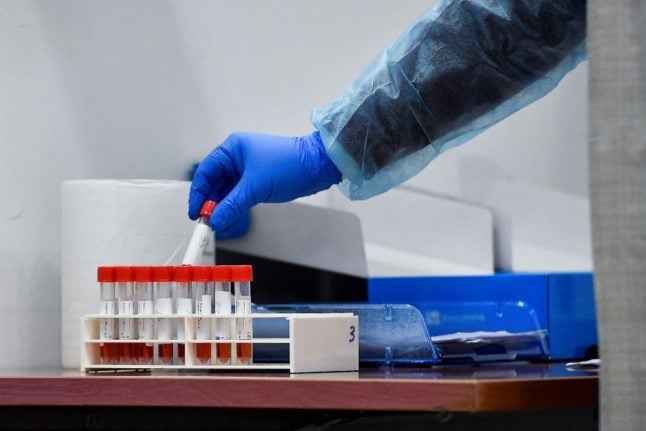Løhde asked for the agency to address the question after the EU’s crisis response organ IPCR recommended a test requirement for travel from China.
“I have today [Wednesday, ed.] asked the State Serum Institute to assess whether measures in other EU countries in relation to a testing requirement for travellers from China are relevant in a Danish context – including testing waste water from aircraft landed from China,” she said in a statement.
“When this assessment has been submitted by SSI, I will provide further orientation,” she said.
Infection rates in the Asian country are high after it abolished its ‘zero Covid’ policy in late 2022, although no precise numbers are available.
Several European countries, including France, Spain, Italy and the UK, have already introduced testing requirements, while Denmark’s neighbour Sweden on Thursday announced a similar step.
The United States, Canada, India, South Korea and Taiwan have also put testing rules in place.
Despite the growing list of countries to have made the move, Denmark has no reason to introduce a testing requirement for incoming travellers for China, according to Christian Wejse, senior physician and professor in global medicine at Aarhus University.
“It’s difficult to see what significance it would have. There’s already widespread infection with coronavirus currently in Denmark, and it’s with the Omicron variant like in China, so I actually find it hard to see the benefit,” Wejse told news wire Ritzau.
“It could be done [without major logistic obstacles, ed.] and it’s not a large burden to place on travellers in relation to houw much we’ve tested in the past,” he added.
“But I think it’s important to look at what would come out of it. What would it lead to and is it something that can improve health in Denmark and prevent us getting more infections in Denmark?”, he said.
“I think you have to say that the effects of such a test system on this are minimal,” he said.
The only situation in which Wejse said he could see reason in demanding negative Covid tests for travel from China would be if a new concerning variant emerged in the Asian country.
“But even if there were new variants from China, I find it hard to see how it would make sense,” he said.
A major interest organisation for businesses in Denmark said it supported following recommendations issued by the authorities.
“But it would be a large advantage for everyone to take coordinated steps in the Schengen area related to any testing and other measures,” Peter Thagesen, deputy director for global trade and investment with the Confederation of Danish Industry (DI), told Ritzau in a written comment.
“That would make it easier for travellers – business and tourist alike,” he said.
“Generally it is important to stress that we are pleased China has opened up to the rest of the world,” he added.



 Please whitelist us to continue reading.
Please whitelist us to continue reading.
Member comments